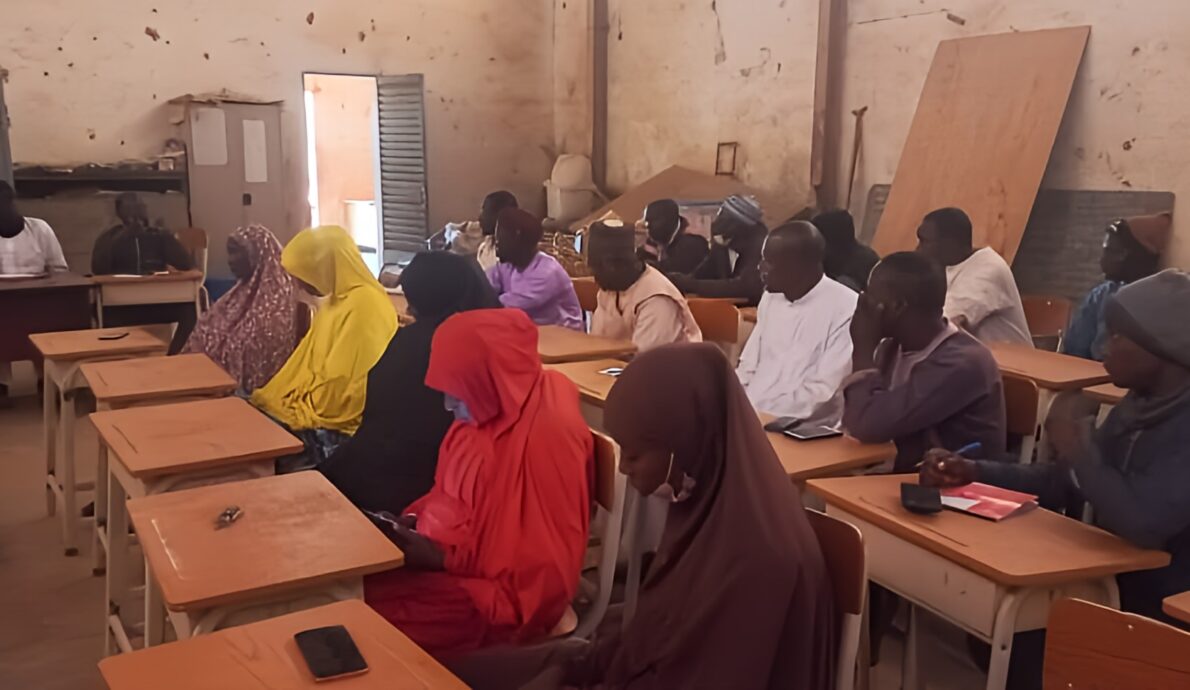Photo by Mariano Mantel / Flickr, CC By-NC 2.0
The departure of MacArthur Foundation from Russia is yet another distressing signal of the breakdown of civic space, not only in Russia but around the world. MacArthur Foundation will be leaving Russia after a stellar record of supporting civil society organizations committed to helping the most vulnerable and creating a safer world. Since 1992, the foundation has awarded more $173 million in grants “to improve higher education, advance human rights, and limit the proliferation of nuclear weapons.”
MacArthur Foundation’s president Julia Stash noted in a statement that the foundation is “committed to helping to make truly substantial progress on some of the world’s most profound problems. We are saddened that it is not possible to do so in Russia at this time.”
Alarmingly, clamping down on social sector organizations and civic action is no longer an exception to the rule, but a reality all too common around the world. As we at Counterpart navigate the minefield of changing rules and norms governing our sector, we are most concerned about those organizations and civic leaders who are the real heroes of our story—our local partners and those citizen leaders who help their communities build better lives and more durable futures. As Ms. Stash acknowledged, “there may be risk for the Russian civil society organizations that seek and receive our funding.” Indeed.
It is entire societies that suffer and slide backwards when citizens’ rights to assemble and associate are curtailed, and when social sector groups are prevented from doing work in line with their public service missions. Without a strong social sector, how will communities sustain gains they’ve achieved in improving the health of families, generating economic empowerment, and reducing the rates of extremist recruiting? What’s even more insidious, these actions to restrict citizen organization and voice undermine long-term social cohesion: what will it take to regenerate hard-won trust between government and citizens as civil society leaders find themselves under suspicion and attack?
We all need to create a counter-narrative that highlights the contributions of a healthy civil society – which can only begin with civic dialogue and engagement. It is the endgame that can only come from public-civic partnerships that we join the MacArthur Foundation in caring about: “just, verdant, peaceful” societies. For those nearly 100 countries working hard to close civic space, what endgame do they imagine? Russia is moving in a dangerous direction. We hope the other countries using the same playbook think twice before following Russia’s lead.




